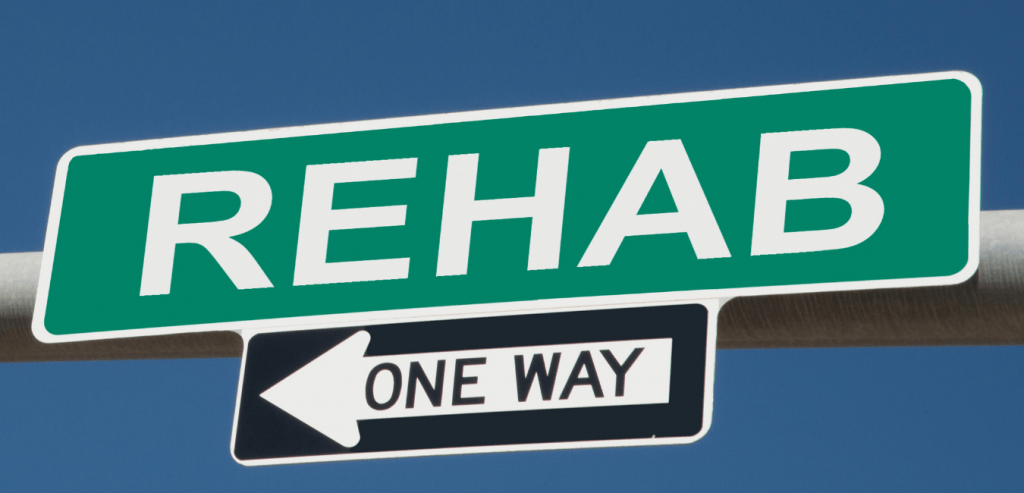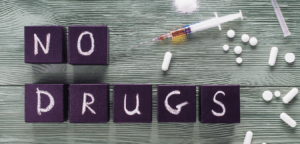Addiction is a complex, demanding, and frustrating condition, but effective treatment can help to improve the lives of people who struggle with it. When treatment options are extensively available and tailored to the needs of the individual, better results are possible.
Sadly, the vast majority of people who need specialized substance abuse treatment do not receive it. According to a report by the Substance Abuse and Mental Health Services Administration (SAMHSA), only about 11% of people who needed treatment for substance abuse received it.
If you are one of the 2.5 million people that have already sought out treatment or successfully completed your initial level of care in the last year, congratulations. Taking the first step towards treatment for an addiction to alcohol or other drugs is a monumental step that many people never take. But there is more work to do.
Addiction treatment is not a process that ends after detoxification (detox) or an initial rehabilitation (rehab) program. Taking measures to live a drug-free lifestyle is a long-term commitment. This process can include a wide variety of treatment options and supports. As part of the continuum of treatment, addiction rehab aftercare is an important part of overall recovery.
About Addiction Aftercare
Many individuals first embark upon their substance abuse treatment journey with a period of professionally supervised detox. Depending on the substances abused and the recommendations of a treatment professional, this first-line measure may require medically-assisted detox. Whether or not medications are involved, all formal detox protocols are conducted to allow for the safe, comfortable clearance of substances and their toxic influence from the systems of people in early recovery from drug or alcohol addiction.
Although detox is an effective first step, alone it is rarely adequate for long-term abstinence from alcohol and other drugs. Upon successful completion of detox, many recovering individuals continue on with a period of structured addiction treatment—either in an inpatient/residential or outpatient setting.
Although the timeline for rehab or any formal treatment duration will vary, at some point this phase of recovery will approach an end point. Ongoing recovery efforts, however, are likely and encouraged to continue. This is where diligent aftercare planning becomes important. Substance abuse treatment programs that make lasting recovery a priority will not send program participants on their way without a solid discharge plan and connecting them with quality aftercare programs.
“Aftercare” is a general term used to describe any ongoing or follow-up treatment for substance abuse that occurs after an initial rehab program. No matter the setting, treatment provider, or methods used, the goals of addiction aftercare programs are the same and include:
- To maintain recovery from substance abuse.
- To find ways to prevent relapse.
- To achieve a life filled with rewarding relationships and a sense of purpose.
One reason that continuing treatment is essential in all situations is because longstanding substance abuse can, in some cases, alter the normal functioning of the brain. Some of these changes do not instantly reverse once use ends. In fact, they can last long after substance use has terminated.
The physical impact of addiction is often accompanied by several psychological changes—affecting thoughts, feelings, and behaviors that may persist even after the substance is removed from the body. The physiological changes associated with addiction and their potential lasting impacting to both mental and physical health serve to reaffirm the need for long-term treatment.
Measuring Aftercare Efficacy
Like many serious chronic conditions, there is no easy cure for addiction. Relapse is always a possibility, which makes it challenging to measure the effectiveness of an aftercare program. Effective treatment reduces symptoms, and poor or absent treatment is linked to increased frequency of symptoms or occurrences such as relapse. This is true of addiction as well as other chronic physical health conditions such as:
- Type 1 diabetes.
Even with treatment, relapse occurs in between 40-60% of drug addicted people. Relapse is more common in people with fewer supports and more severe additions. It is important to note that relapse does not mean that the previous treatment was unsuccessful. It only indicates that the individual would benefit from restarted, modified, or alternative aftercare options.
A contributor to greater success measured by fewer relapses and longer periods of abstinence is length of treatment. The National Institute on Drug Abuse (NIDA) reports that most people require at least 90 days of treatment to end their drug use. Longer treatment periods are correlated to better results, which suggests that the duration of treatment may be more important than the type of treatment.
Quality Aftercare
There will be a tremendous variation among addiction aftercare programs, but effective treatments will share a common philosophy that the best treatments account for the entire person and all their needs. Based on this treatment principle, the best aftercare programs will offer comprehensive services that address the individual’s:
- Child care.
- Housing and transportation.
- Legal involvement.
- Medical status including HIV/AIDS testing and treatment.
- Mental health.
This system is based on the understanding that imbalance with any of these components could lead to increased stress and a greater chance of relapse. If aftercare only focuses on one area, it may not be addressing the root of the greater issue.










